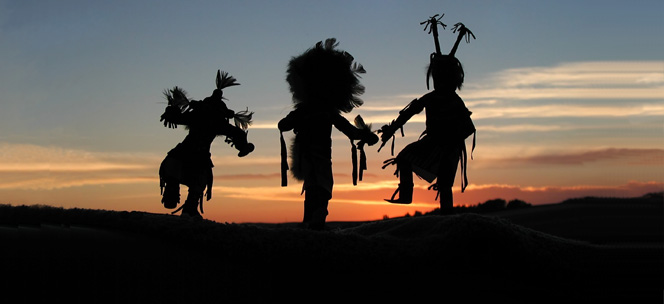Taking a Stick to First Nations Secrecy

Eight hundred kilometres due east of Prince George sits Onion Lake Cree Nation, a small Saskatchewan First Nation reserve. What’s happening there will have major ramifications for aboriginal people across the entire country, including BC’s 200,000 First Nations people.
Earlier this month, Onion Lake member Charmaine Stick filed a Saskatchewan Supreme Court action demanding her band disclose the compensation of her chief, Wallace Fox, and council and other basic financial documents as required by the First Nations Financial Transparency Act (FNFTA). The Canadian Taxpayers Federation (CTF) are co-applicants and helping Stick with her legal expenses.
The FNFTA was adopted in 2013 after grassroots aboriginals asked for more transparency from their elected officials. But Onion Lake’s Fox has refused to follow the law, which requires all First Nations bands to post politician salaries and band revenue, expense and asset statements to a federal government website.
“What is Chief Fox hiding?” asked Stick, who in 2014 went on a hunger strike in an unsuccessful effort to get this information. “Why won’t he show his own people and everyone else what he’s doing with our money?”
As of this writing, 163 of 186 BC First Nations bands have filed their 2015-16 disclosures, despite the Trudeau Liberals abandoning enforcement of the law. Three of those bands – Popkum, Semiahmoo and Skatin Nations – are now two years behind in their filings.
BC’s experience with the FNFTA is instructive. Semiahmoo quit filing after its 2013-14 filing showed its chief, Willard Cook, made $267,309 tax-free to govern its 98 members. This shocked band members, two of whom said they asked for that information “hundreds of times” over 18 years and didn’t get it until the FNFTA forced it to come out.
In its first year, Kwikwetlem’s filing revealed that its chief, Ron Giesbrecht, was paid $914,219 tax-free by his 81-member band. As a former chief said, “if it wasn’t for this new transparency act, I don’t think we ever would have known.” In the two years since, Giesbrecht has collected another $235,589.
The FNFTA also helped Shuswap band members see what the Sam family was doing with their community’s finances. The 263-person Shuswap band paid three members of that family $4.2 million over three-and-a-half years – plus tens of thousands more in dubious expense claims. After a scathing forensic audit, the RCMP is now investigating.
This year, four members of the 412-person Shxwha:y Village First Nation council reported incomes of more than $100,000 – something their citizens may want to look into. But at least they have the information.
Now in its third year, the FNFTA has generally helped control chief and council salaries – this year’s filings show BC’s highest-paid chief, Moricetown’s Desmond McKinnon, made $161,588. That’s a lot less than the top salary of $211,090 last year or Giesbrecht’s $914,219 the year before. Like most politicians, First Nations chiefs don’t want embarrassingly high salaries splashed across news media.
But the FNFTA has also provided insight into successful band management practices. The Osoyoos First Nation, called “the most business-minded in Canada,” has virtually no unemployment. Its chief, Clarence Louie, has had his salary frozen at $143,659 for two years. Thanks to FNFTA, other bands can look at Osoyoos’s financial statements to see how they are structured and adopt some of their best practices.
Despite all the good the FNFTA has done in BC, members of 23 bands are still waiting to see this year’s disclosures, and three are missing two full years. This is basic transparency that every citizen deserves – how does government spend their money, and how much do politicians spend on themselves?
Those waiting for their band to file should root for Stick in her court battle with Onion Lake. Her success could blaze a legal trail for others to get this basic information from their First Nation governments.